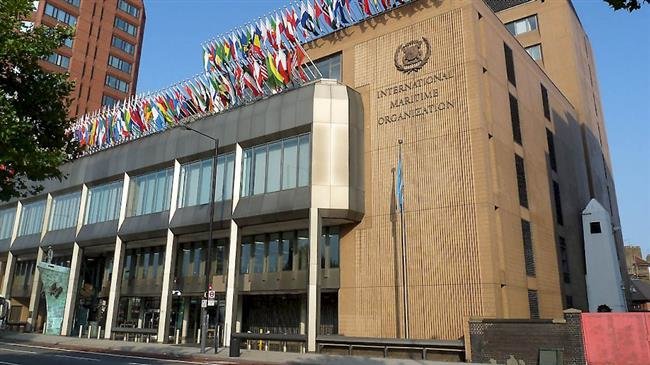
RNA - The ruling requires Washington to allow supply of medicine and medical devices, food and agricultural goods and airplane parts, which directly deal with human lives, Foreign Ministry spokesman, Bahram Qassemi, said Thursday.
“With the bullying policies it pursues across the world, the US wants to ignore all international bodies, and does not pay any heed to them,” Qassemi told state broadcaster IRIB.
The Hague-based court, which is the principal judicial organ of the United Nations, ordered the US on October 3 to halt its unilateral sanctions on "humanitarian" supplies to Iran.
Iran’s lawsuit, lodged in July, argued that the sanctions violate the terms of the 1955 Treaty of Amity between Iran and the US.
ICJ rulings are legally binding and cannot be appealed, but the US ignored the court's verdict about Iran and imposed even harsher sanctions on the country in early November.
Qassemi praised the ICJ, saying the Islamic Republic must take advantage of the tribunal's capacity to offset the negative impact of US sanctions.
The court "may not be able to provide the means for exerting maximum pressure on the US in the short-term, but it … can buy some time for medicine, food, and plane parts manufacturing companies to have more cooperation with Iran,” he said.
The US claims it has formally exempted humanitarian supplies, but banks and financial institutions refuse to process Iran-related transactions for fear of provoking US sanctions.
IMO sides with Iran on US bans
In another victory for Iran, the Council of the International Maritime Organization (IMO) on Thursday asked the US to refrain from taking any measure that might endanger Iran's maritime security and freedom of navigation.
Iran had filed a lawsuit against the US on Nov. 8, which the IMO took up at its 121st meeting in London, state news agency IRNA reported.
In its complaint, Tehran argued that US sanctions on its shipping sector violated the Convention on the International Maritime Organization, which urges member states to avoid discriminatory measures against shipping activities of other countries.
Iran had asked the IMO to order its members not to behave in a way that would deprive one member state of its legal rights, Mohammad Rastad, the head of the Ports and Maritime Organization of Iran, told reporters on Thursday following the IMO meeting.
Fortunately, Iran’s complaint was legally and logically convincing and was supported by influential member states, he said, adding that IMO members finally sided with Iran on the case and urged the organization to recognize the Islamic Republic’s right in this regard.
The IMO "strongly urged the US and other member states to refrain from taking any measure that might endanger international maritime safety and security and the freedom of navigation,” Iranian Ambassador to London Hamid Baeidinejad tweeted.
As a specialized agency of the United Nations, the IMO which has 174 member states is tasked with regulating international shipping.
The organization works to promote "safe, secure, environmentally sound, efficient and sustainable shipping through cooperation," as its mission statement reads.
It also addresses safety issues, environmental concerns, legal matters, technical cooperation among member states, maritime security and the efficiency of shipping.
847/940